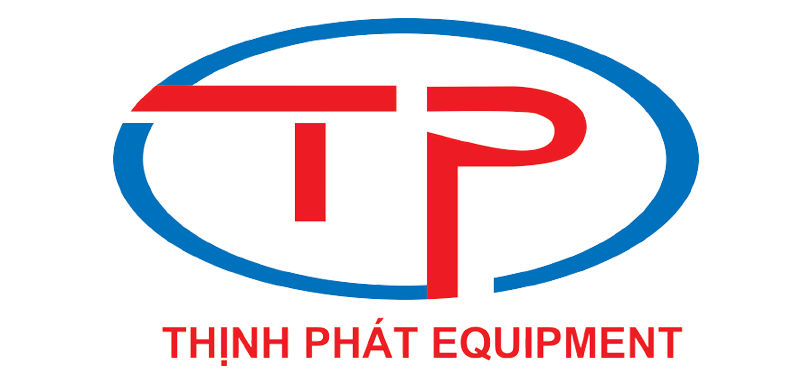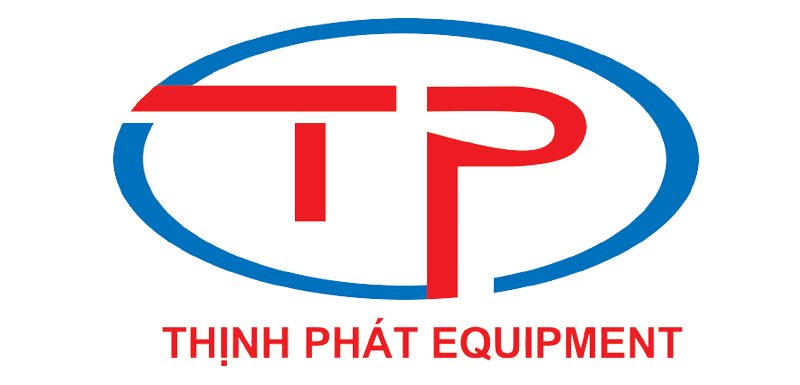How Long Does Detox Take? Substance-Specific Timelines & Duration Factors
That’s why we offer a structured and supportive environment that focuses on rebuilding the mental https://atomplus.net/v-dorogu/3729-club-music-and-singles-tunnel-2cd-2016.html and emotional resilience necessary for lasting recovery. This will also be a time to define a course of treatment and aftercare going forward. A 30-day program is easier to commit to because it’s the shortest period recommended for treatment. Usually, this also means it’s offered at a lower cost, so many insurance companies will typically cover this type of program.
A strong support network provides crucial encouragement and accountability for those in recovery. Your network should provide emotional support and understanding, which can help maintain sobriety. Surrounding oneself with people who understand the challenges of addiction can make the journey easier and less lonely. Environmental triggers, such as stress or exposure to substance use, can impact recovery. It is essential to recognize these triggers and develop strategies to avoid or manage them. Making changes to one’s environment can reduce the risk of relapse and support long-term sobriety.
Factors Influencing Addiction Recovery Time
Christina works closely with Elevate Addiction Services contracted MD and his staff who screen all clients entering the program. Matt supervises all the clinical staff at various levels of care, long-term & short-term residential and IOP (Intensive Outpatient), at multiple facilities. On a regular basis, Matt collaborates with Elevate’s President, CEO, COO & Clinical Director to evaluate, plan and monitor program objectives and requirements. Katie’s goal every morning, is to set an intention for the day, to help each of our clients find their way out of substance use, with compassion, empathy, and the courage to take these difficult steps. Elvinesh’s compassion for others and love of food makes for a winning combination to take care of clients from the inside out.
Detoxification Treatment Options
Benzodiazepines are tranquilizers and include Ativan, Klonopin, Xanax, and Valium. When a person relapses, they can have extreme emotions of guilt and failure and may be ashamed or embarrassed to ask for help. Above all else, people need to remember that there will always be help available if they ask for it. Relapsing is scary and disappointing, but it is by no means the end of a recovery journey.
However, it’s still important http://lcbclan.ru/referaty_po_biologii/diplomnaya_rabota_aktivnost_osnovnyx.html to stay engaged in addiction recovery programs and maintain support networks to manage ongoing alcohol cravings and psychological triggers. Deciding to quit drinking alcohol is a powerful step toward reclaiming your health and future. Whether you’re a heavy drinker, struggling with alcohol addiction, or beginning to recognize the effects of alcohol misuse, understanding what happens after you stop drinking is key to staying motivated.
The First Week: Initial Signs of Healing
Outpatient treatments offer a lower level of care compared to residential treatment, so the programs may take longer to complete. As always, the person’s ability to address their addiction and move through the recovery process will shorten the duration of their treatment. The Sprout Health Group editorial team is passionate about addiction treatment, recovery and mental health issues. The body’s level of dependence on a substance directly affects the intensity and duration of withdrawal.
Addiction rehab
By aligning daily actions with purpose, we help clients create lasting growth and equip them with tools to achieve their goals and dreams. Emotional sobriety requires identifying triggers and developing coping strategies. It often involves therapy, support groups, and consistent self-care practices.
- Every person’s detox process is different, so it is extremely important to work with a medical professional to determine the proper medication and dosage for this type of detox to be effective.
- Acute withdrawal and severe alcohol withdrawal symptoms should always be managed with medical detox to ensure safety and comfort.
- However, residential treatment and therapy programs can give people the tools to maintain sobriety and live fulfilling, substance-free lives.
- Recovering from an addiction is a long and difficult journey that can be intimidating to people trying to achieve sobriety.
She has implemented a lot of new protocols for the operations of these areas to ensure the clients are receiving the highest quality of care that we are able to provide. She has a strong work ethic and it’s not unusual for her to be up at the facility at 2am or on the phone all night helping guide our staff on how to best manage whatever situations come up. These programs place someone in a safe environment where they can detox with the help of medications and constant monitoring of medical professionals. Trained professionals know the physical and emotional effects of withdrawals and can provide relief and support during the worst phases of withdrawal. It’s important to remember that recovery from addiction is a lifelong process. You won’t step out of a detox or rehab program cured because addiction isn’t something that can be cured.
Around 72 hours after the last drink, more severe withdrawal symptoms, such as fever, hallucinations, and seizure, start to set ins. In addition, agitation, more moodiness, and severe confusion also occur. Between days three and five, the most severe symptoms have usually subsided. Though diarrhea typically stops around this time, the patient will still experience chills, goosebumps, and vomiting, as well as abdominal cramping.
Support groups lack the guidance of professional therapy, and instead, rely on the sense of community and fellowship they create. Attending a support group connects someone to an entire network of people in recovery who are willing to share their experience and expertise on the subject of sobriety. The FHE Health team is committed to providing accurate information that adheres to the highest standards of writing. This is part of our ongoing commitment to ensure FHE Health is trusted as a leader in mental health and addiction care. The detox process can take anywhere from five days to four weeks, and just depends on how severe the SUD is.
All our treatment programs combine behavioral, holistic, and pharmacological therapies. After completing an alcohol addiction treatment program, http://www.xenoid.ru/materials/materials_psy/psy-book20.php you will leave our facility with a robust aftercare plan and the option of engaging with ongoing therapy if required. That said, there are common stages and milestones that many people experience during the process of getting sober.
- For example, someone who has an underlying heart condition may not be able to take the controlled medications needed to help with their withdrawal symptoms.
- Some facilities will allow extensions on these programs if individuals feel they would benefit from more time spent in treatment.
- There’s no universal answer to this question, and it will depend on the factors mentioned in this guide.
- Treatment is where you learn how to change the way you respond to the stimuli that can trigger cravings.
- Deciding to quit drinking alcohol is a powerful step toward reclaiming your health and future.
Rarely does anything in life come in perfect packages, and treatment timelines are no different. Though the above program timelines are recommended, barriers such as finances, family needs, and employment often find their way to disrupt well-thought-out plans. This process allows for a 90-day treatment program but extends flexibility toward the end to provide relief for some of these barriers. They also allow for support as you return to your home life in early recovery. At Agape Detox Center, we understand the mental and physical challenges of the drug withdrawal timeline. Going through withdrawal alone often leads to relapse due to cravings and physical symptoms.



